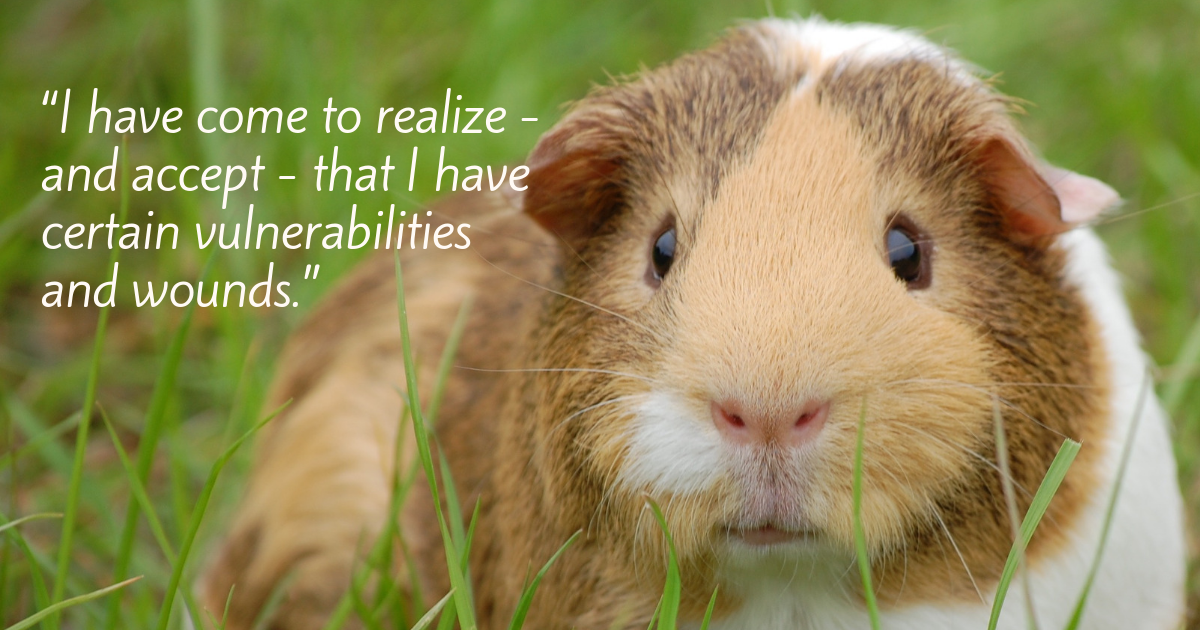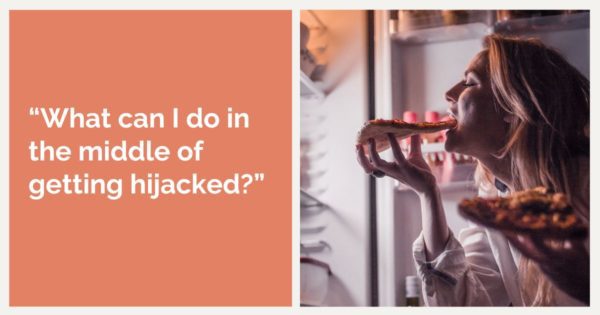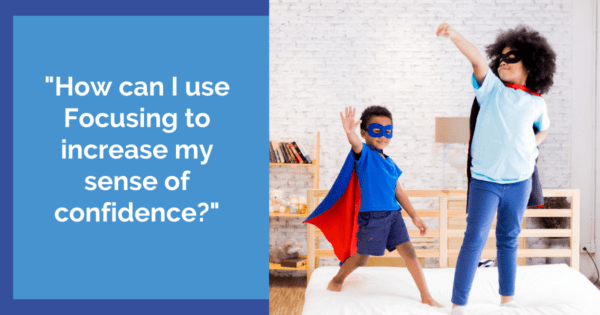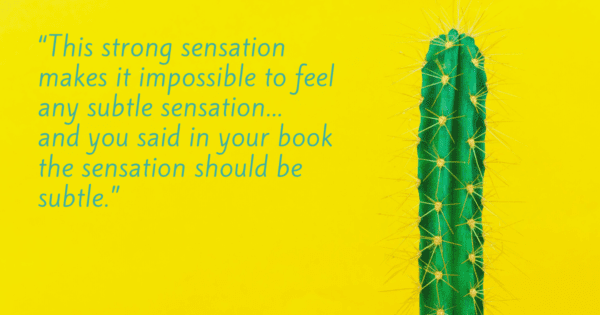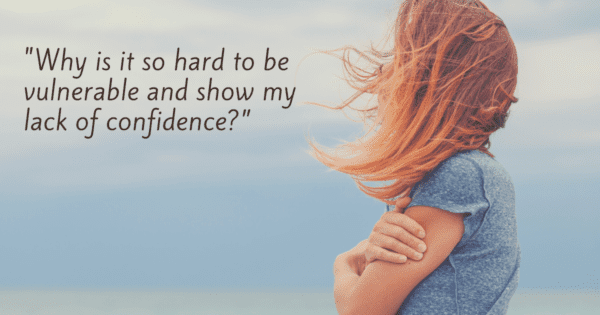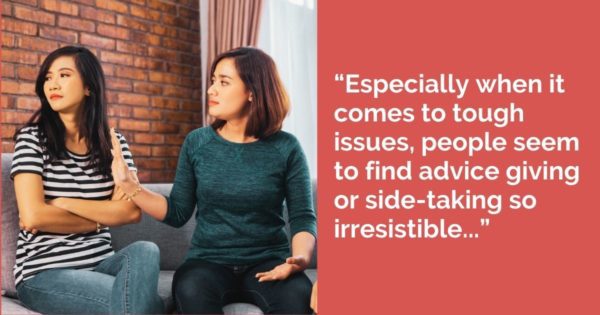After you get better at changing how you respond when you are triggered, is there more you can do? Read on…
Jim writes:
I have come to realize – and accept – that I have certain vulnerabilities and wounds. There are situations in which I have very limited conscious options about how to respond because I get triggered and react unawarely. The effects are painful and costly.
I have been learning and practicing more “self-regulation” techniques – ways to center and ground myself (these include tidbits from your e-mails) and I continue to practice mindfulness so that I can recognize when I’m triggered sooner and sooner. I am committed to changing the way I respond when I am triggered.
Is there more I can do?
Dear Jim:
I applaud you for realizing that triggering has been happening and you’ve been reacting unawarely because of it.
This is a big step.
And now you are working with emotional regulation processes to give yourself self-compassionate awareness when triggered… because you have vulnerabilities and wounds.
Which is also wonderful, yay!
And then you ask me if there is more you can do.
Yes, actually. The wounds themselves can be healed. It’s great to accept that we have wounds but “accepting” doesn’t mean that no healing is possible. The amazing thing about being alive is that healing is always possible.
Inner Relationship Focusing includes a process for turning toward the “younger self” who is still in us, the one who went through the traumatizing experiences. Yes, those things happened to you. But they also happened to this “younger you.”
So gather your resources of Self-in-Presence and, at a quiet time, put your hand on your heart and invite the “younger you” to let you know what he went through back then. Then respond to him with “I really hear how hard that was for you,” spoken with great kindness and compassion. And keep listening.
If this kind listening had only happened at the time — from some warm and present adult — the wounds would not have happened the same way, or hung on so long.
Additional Tips you may find useful:
Focusing Tip #639 – “Can I make progress with Focusing in 50 minute sessions?”
Focusing Tip #524 – “I seem to be going down a dead end street.”

